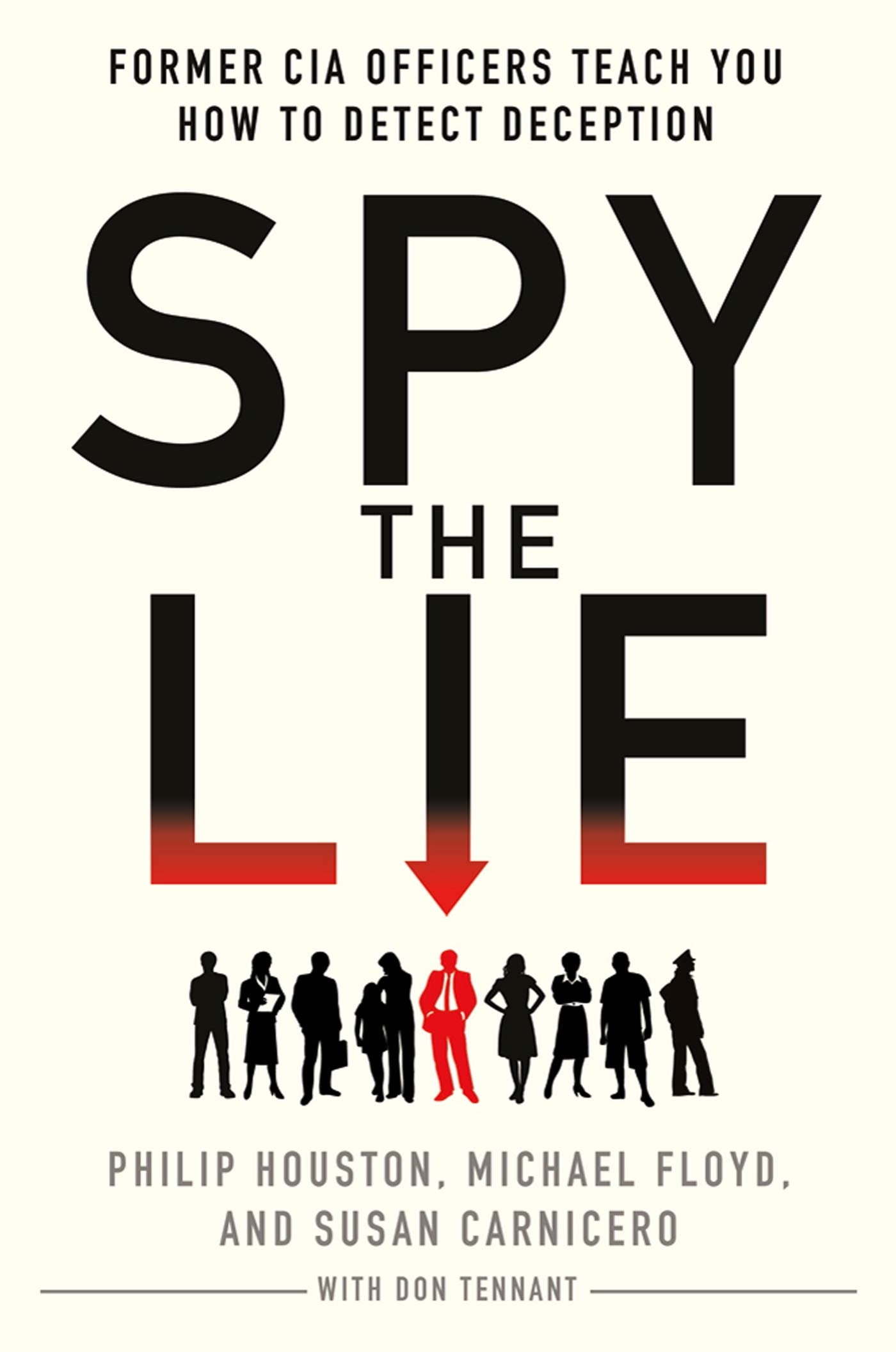

We help him alleviate the pain he’s feeling by giving him a remedy: a convincing argument, strengthened by rationalization, minimization, and socialization, that resolves the conflict. The monologue is meant to prevent the person from focusing on the ramifications of the wrongdoing by keeping him in short-term thinking mode.

In an interrogation situation, the monologue serves as a means of aiding that reconciliation in a way that’s conducive to a confession, because it relieves the person of the mental discomfort that’s caused by the dissonance. Yet he likely doesn’t think of himself as a wrongdoer, or a bad person, so he’s forced to reconcile these conflicting beliefs. Generally, the person is well aware that doing those things is wrong, and therefore bad. “Anyone who commits a crime, misrepresents the facts, or tells a lie may put himself in a situation that forces him to deal with cognitive dissonance.


 0 kommentar(er)
0 kommentar(er)
